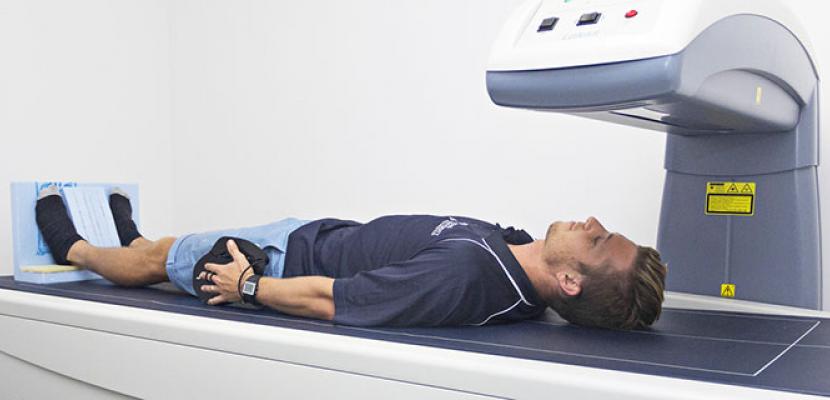
A new study by Bond University will look to challenge the widely-held belief that gaining muscle mass will automatically lead to us burning more energy; and therefore weight loss – with researchers calling for volunteers to take part in a research study.
Dr Kristen MacKenzie-Shalders, Assistant Professor of Nutrition and Dietetic Practice at Bond University, and the brainchild behind the study, said that more scientific research was needed to explore the old adage that gaining more muscle equals burning more energy.
“We are often told ‘if you gain more muscle, you burn more energy and can lose weight’ by gyms promoting resistance exercise for weight loss,” Dr MacKenzie-Shalders said.
“There are a lot of benefits of increasing muscle; but its contribution to increasing energy expenditure - at rest at least - is not really one of them.
“Some lean mass, like the heart and brain for example, are energy guzzlers and require a huge amount of energy to function each day, but it seems that with gains in skeletal muscle mass, such as bigger biceps or calves, the extra energy contribution per day required is pretty low.
“For example, if you gain two to three kilograms of muscle, your resting metabolic rate increases by about the equivalent of burning one extra cream biscuit per day. The exercise itself burns energy – but the extra muscle mass may not contribute to energy burning as much as we expect.
Bond University researchers are looking for 100 active males (85- 130 kg) and 100 active females (75-130 kg) to take part in the voluntary study. To qualify, you must be currently undertaking resistance training at least three times per week.
The study will measure the dietary intake, resting metabolic rate, and body composition using leading-edge technologies employed in the study of elite athletes, including a Dual Energy X-Ray Absorptiometry (DEXA) and bodpod.
Dr MacKenzie Shalders said current international energy prediction equations were outdated given the advancement of new technologies and changes in population demographics.
“The Harris Benedict equation was developed in 1919 and on a very different population to our current resistance training athletes in both weight and height,” she said.
“Almost 100 years on we can now measure body composition much more effectively including lean mass.
All participants who volunteer to take part in the study will receive detailed feedback on their body composition and results achieved, in the form of an ‘elite athlete’ style report.
Participants will need to complete a survey prior to the assessment and once qualified, will need to visit the Bond University laboratory on one occasion, for a maximum of three hours, for an assessment of body composition and resting metabolic rate.
To get involved or find out more about this study, contactKatsu Shike.

